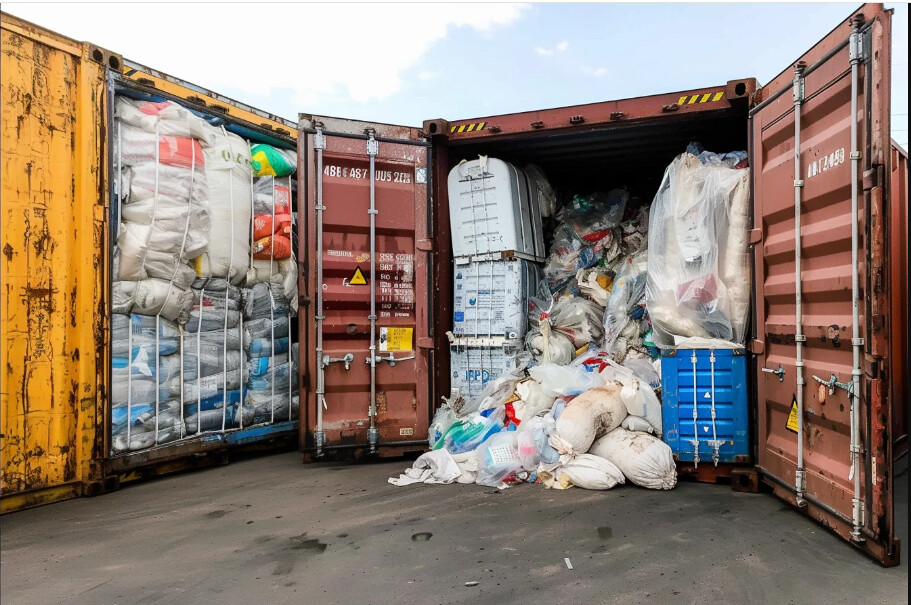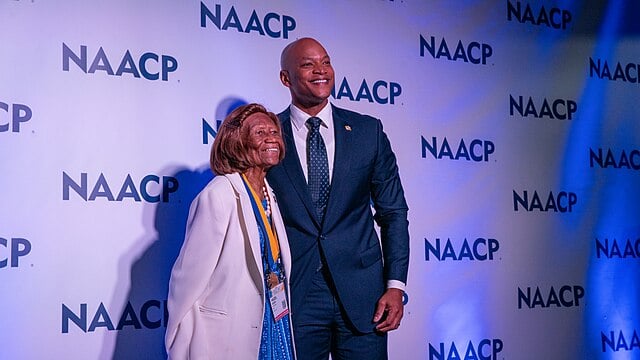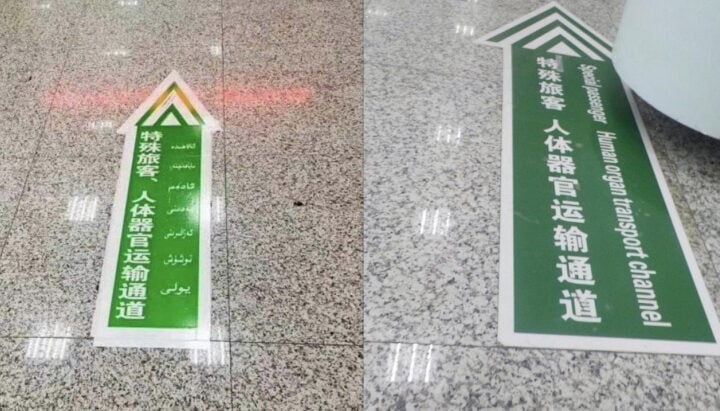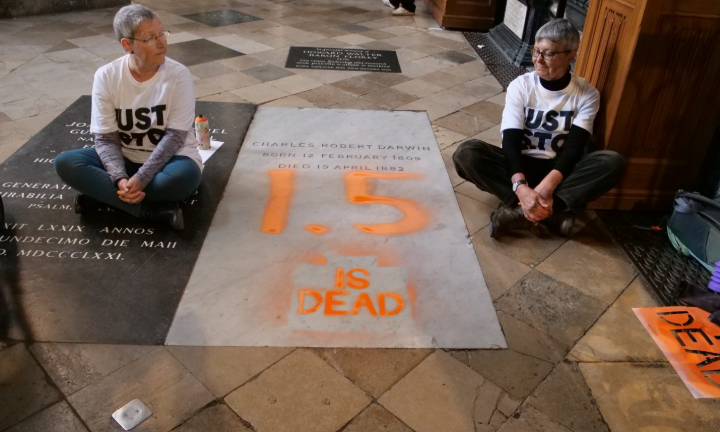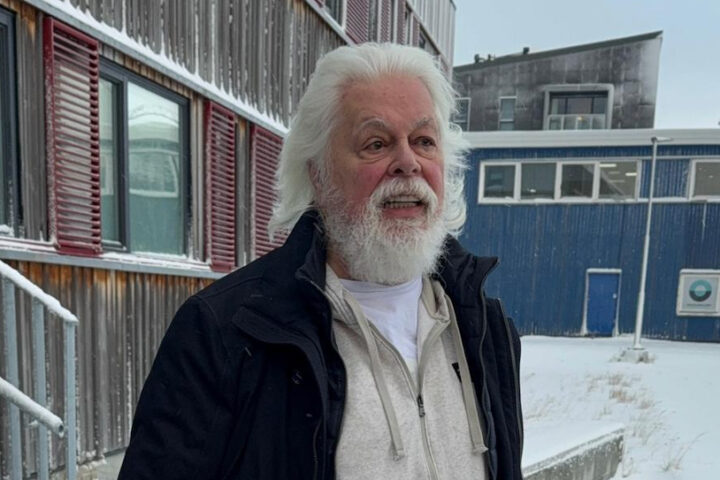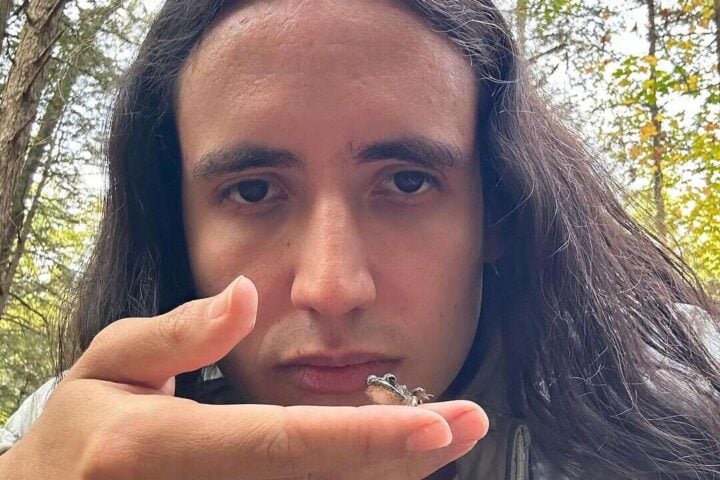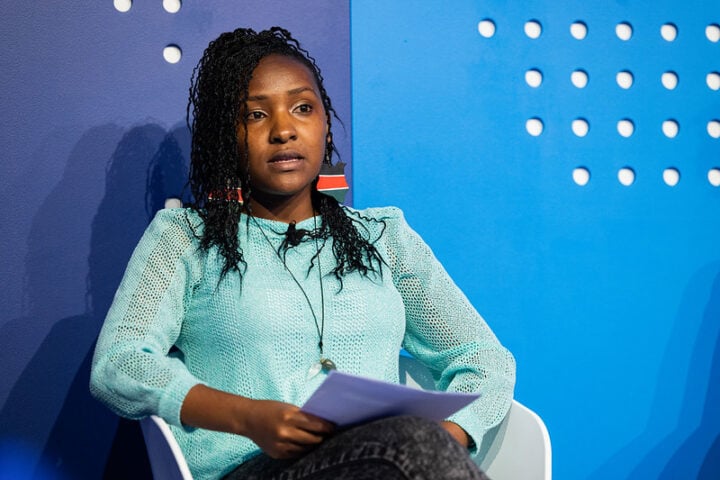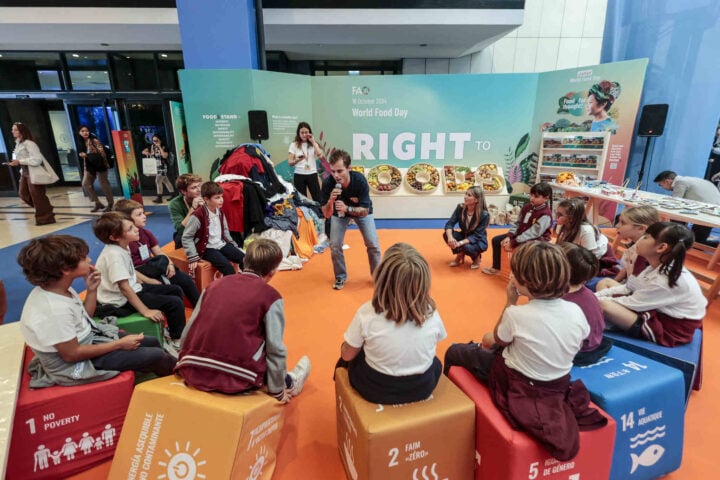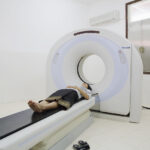About 37 million adolescents aged 13 to 15 consume tobacco, and in many countries, the rate of electronic cigarette use among adolescents surpasses that of adults, according to the report “Hooking the Next Generation,” conducted by the World Health Organization (WHO) and STOP, a global tobacco industry watchdog.
The document, presented at a press conference, highlights how the tobacco and nicotine industry designs products, conducts marketing campaigns, and works to shape political environments to create addiction among young people worldwide. This report is published just before World No Tobacco Day, celebrated on May 31, during which the WHO amplifies the voices of young people calling on governments to protect them from becoming targets of the tobacco and nicotine industry.
In the WHO European Region, 20 percent of 15-year-olds surveyed reported using electronic cigarettes in the last 30 days. According to the report, 85 percent of young people aged 15 to 30 have been exposed to advertising about electronic cigarettes through media.
“Despite significant progress in reducing tobacco use, the emergence of e-cigarettes and other new tobacco and nicotine products present a grave threat to youth and tobacco control. Studies demonstrate that e-cigarette use increases conventional cigarette use, particularly among non-smoking youth, by nearly three times,” warned the WHO. Studies show that electronic cigarette use nearly triples the consumption of conventional cigarettes, especially among non-smoking youth.
“History is repeating, as the tobacco industry tries to sell the same nicotine to our children in different packaging,” stated WHO Director-General Dr. Tedros Adhanom Ghebreyesus. In total, 8 million deaths worldwide are associated with tobacco. “These industries are actively targeting schools, children and young people with new products that are essentially a candy-flavoured trap. How can they talk about harm reduction when they are marketing these dangerous, highly-addictive products to children?” he questioned.
“The use of child-friendly flavours like cotton candy and bubblegum, combined with sleek and colourful designs that resemble toys, is a blatant attempt to addict young people to these harmful products.,” explained WHO Director of Health Promotion, Ruediger Krech. This expert estimated that there are 16,000 different flavors in the electronic cigarette market.
According to the WHO, these “deceptive” tactics highlight the “urgent need” for “strict” regulation to protect young people from a life of “harmful dependency.” Therefore, the United Nations health agency urges governments to protect young people from tobacco, electronic cigarettes, and other nicotine products by banning or “strictly” regulating them.
Among the WHO recommendations are the creation of 100 percent smoke-free indoor public places; the prohibition of flavored electronic cigarettes; the ban on marketing, advertising, and promotion targeting youth; increasing taxes; raising public awareness of industry deceptive tactics, and supporting youth-led education and awareness initiatives.
“Addicted youth represent a lifetime of profits to the industry,” said Jorge Alday, STOP Director at Vital Strategies. “That’s why the industry aggressively lobbies to create an environment that makes it cheap, attractive and easy for youth to get hooked. If policy makers don’t act, current and future generations may be facing a new wave of harms, characterized by addiction to and use of many tobacco and nicotine products, including cigarettes,” he warned.
Youth advocates worldwide are fighting against the influence and marketing of the tobacco and nicotine industry. They are denouncing these practices and advocating for a tobacco-free future. Youth organizations worldwide participated in the last session of the Conference of the Parties to the WHO Framework Convention on Tobacco Control (COP10) to convey to politicians that future generations will remember them as “the ones who protected them or the ones who failed them and put them in danger.”
WHO governments, public health organizations, civil society, and empowered young people to work together so that they can create a world where the next generation is free from the dangers of tobacco and nicotine addiction.
As part of the events for World No Tobacco Day 2024, the WHO will award several youth organizations and intitutions for their work in fighting tobacco addiction and indulgence.
The recipients of the 2024 World No Tobacco Day awards, by WHO region, are as follows:
Similar Posts
African Region
- Mr Yankuba Darboe, Commissioner General, Gambia Revenue Authority, Republic of the Gambia
- Ms Gormwa Gotus, Kaduna State Educator, Tobacco Abstinence Club, Federal Republic of Nigeria
- Tobacco Abstinence Club, Federal Republic of Nigeria
Region of the Americas
- Dr Vera da Costa e Silva, Head of the National Commission for the Implementation of the WHO Framework Convention on Tobacco Control, Federative Republic of Brazil
- Dr Alberto José de Araújo (in memoriam), Federative Republic of Brazil
- Dr Antônio Pedro Mirra (in memoriam), Federative Republic of Brazil
- Gustavo Sóñora, Regional Director of Tobacco Control, Latin America, Vital Strategies, Eastern Republic of Uruguay
- Ms Carolina Giraldo Botero, Congresswoman, Republic of Colombia
- Corporación Colombiana de Padres y Madres – Red PaPaz, Republic of Colombia
- Ms Gianella Severini, Senior Legal Coordinator, Campaign for Tobacco-Free Kids, Argentine Republic
Eastern Mediterranean Region
- Mr Husain Ali Alrayes, Health Inspection Supervisor, Ministry of Health, Kingdom of Bahrain
- Dr Wagdy Amin, National Tobacco Control Observatory, Arab Republic of Egypt
- Directorate General of Standards and Metrology, Ministry of Commerce, Industry and Investment, Sultanate of Oman
- Madinah Health Cluster, Kingdom of Saudi Arabia
- Mr Moncef Boukthir, Minister of Higher Education and Scientific Research, Republic of Tunisia
European Region
- Professor Charlotta Pisinger, University of Southern Denmark, Kingdom of Denmark
- Ms Mervi Hara, Executive Director, ASH Finland, Republic of Finland
- Dr Francisco Rodríguez Lozano, Chair of the Board, Cancer Patients Europe Association, Kingdom of Spain
- Ms Helen Stjerna, Secretary General, A Non Smoking Generation (NGO), Kingdom of Sweden
- NGO A Non Smoking Generation, Kingdom of Sweden
- Ministry of Health, Ukraine
- Lviv Oblast Center for Disease Control and Prevention of the Ministry of Health, Ukraine
- Dr Raouf Alebshehy, Tobacco Control Research Group, University of Bath, United Kingdom of Great Britain and Northern Ireland
South-East Asia Region
- Ministry of Railways, People’s Republic of Bangladesh
- Odisha State Tobacco Control Cell, Republic of India
- Dr Widyastuti Soerojo, Health Policy Forum, Republic of Indonesia
- Thailand Youth Institute, Kingdom of Thailand
- Alcohol and Drug Information Centre, Democratic Socialist Republic of Sri Lanka
Western Pacific Region
- Hangzhou Municipal People’s Government, People’s Republic of China
- Mr Jose Enrique S. Garcia III, Provincial Governor of Bataan, Republic of the Philippines
- HealthBridge Foundation of Canada, HealthBridge Viet Nam, Socialist Republic of Viet Nam

